The spotlight was recently shone on the work culture of Chinese universities earlier this year following the death of a professor of materials science, aged 47, at Zhejiang University. The family blamed an ‘insane’ workload for the death of Liu Yongfeng from cerebral haemorrhage, according to the South China Morning Post.
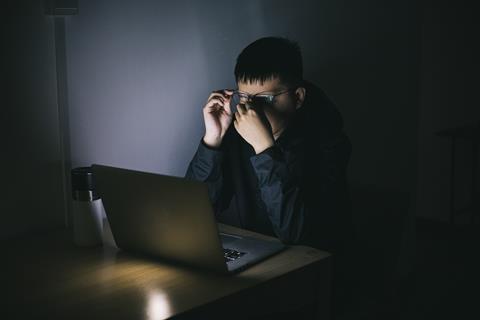
An open letter posted online by his wife calculated his working hours between March 2024 and 20 January this year. The legal number of working days for this period was 183, whereas Liu worked 319 days, the Post reported. For 277 of those days, Liu either travelled on business or left work no earlier than 9pm.
‘From the time he joined [Zhejiang University] in 2007 to engage in teaching and research, he worked at such a highly intensive pace for 18 years,’ the Post quoted from the letter. The family said they were speaking out partly for hardworking young and middle-aged researchers. Liu was a materials scientist whose research focused principally on hydrogen storage materials.
The death of another materials scientist, Li Haizeng, from a heart attack last year at the age of 34 shocked the Chinese research community. In mid-April this year, materials scientist and nanotechnologist, Li Haibo, died suddenly at the age of 41 leading to further questions about academics’ workload. Previous reports have highlighted the premature deaths of eight early- and mid-career researchers.
Over a decade ago, the Chinese education ministry introduced reforms to press academics to produce more research, increasing the tension between teaching and research. A 2021 study found the health of Chinese employees working long hours suffered, possibly due to factors such as poor diet and lack of exercise. Another study noted that the transformation of education in China had put researchers under tremendous pressure from teaching and research commitments, which made it difficult to achieve a work-life balance.
Cong Cao at the University of Nottingham Ningbo, China says that many Chinese academics, including himself, work overtime, ‘as we are under pressure for publications, grants, promotion, tenure, titles, among others’. He adds ‘some of us suffer consequently’.
Xin Zhao, an environmental engineer at Northeastern University in Shenyang, China, believes that the work culture in China is different from in the US or Europe. ‘The Chinese people are used to a kind of diligence … and indeed there is a lot of competition. Therefore, we do have some fatigue, but this also varies from person to person,’ he explains.
The overriding pressure on PhD students in mainland China, Hong Kong and Macau to publish is pushing students to ‘devalue’ coursework, conference participation and teaching assistance, according to one recent study. It also ‘encourages students to regard their supervisors as publishing facilitators and their peers as rivals rather than collaborators, and [it] marginalises engagement with external stakeholders’.
Speaking out publicly in China can be difficult. One academic Chemistry World spoke to said he was unavailable for interview due to ‘national security laws and unstable circumstances’.
China is not the only country where scientists work long hours, however. A 2020 report from Wellcome in the UK found that of 2751 researchers surveyed, 37% worked 41 to 50 hours; 20% 51 to 60 hours and 12% more than 60 hours a week. Most respondents (57%) agreed that there was a culture of long-hours at their workplace; 48% felt pressured to work long hours.
In the same report, 78% of respondents agreed that high levels of competition have created unkind and aggressive research conditions. A 2019 report from Nottingham Trent University found that 94% of academics at the institute thought that their workload harmed their mental health.





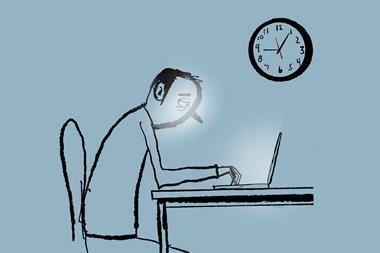
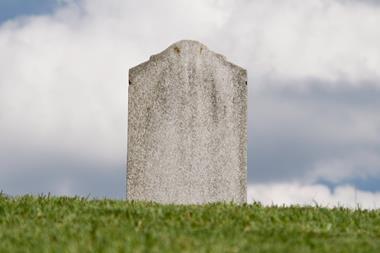

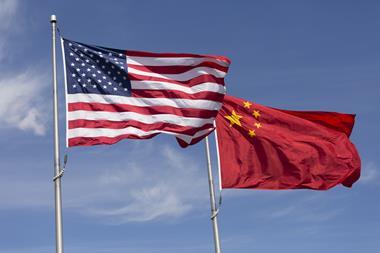
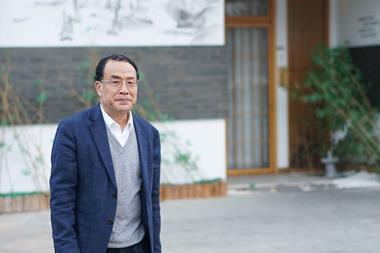
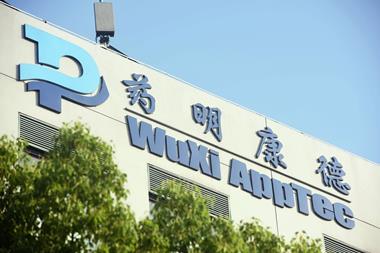






No comments yet